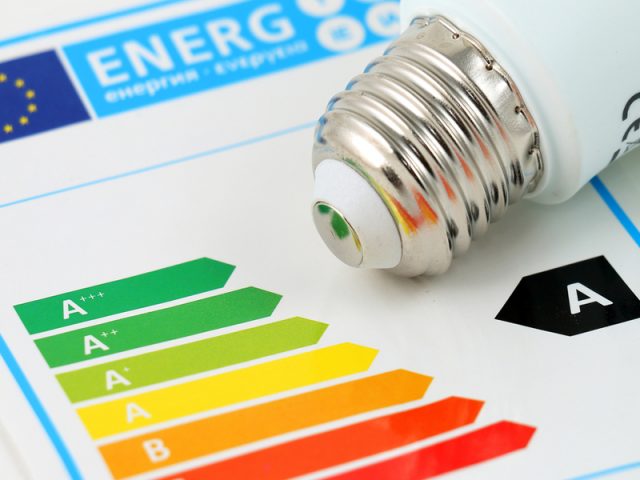
By Jamie Redman,
On October 14-15, Dutch Hackenergy 2016 hackathon was filled with energetic programmers and blockchain solutions. A jury of industry experts named Hyperledger-based project EcoCoin as the most prestigious platform, focusing on peer-to-peer energy transition.
Hackenergy Event Tests Blockchain Energy Solutions
 Hackenergy 2016 was a two-day Dutch hackathon sponsored by ENGIE Nederland, Groningen’s IBM Client Innovation Center (CIC), and the Energy Academy Europe. The hackathon workshops consisted of 48 hours of “intense collaboration, excitement, and solution-finding.”
Hackenergy 2016 was a two-day Dutch hackathon sponsored by ENGIE Nederland, Groningen’s IBM Client Innovation Center (CIC), and the Energy Academy Europe. The hackathon workshops consisted of 48 hours of “intense collaboration, excitement, and solution-finding.”
Participants had access to the latest Hyperledger technology and experts from IBM’s Blockchain technology team. Working with Hyperledger, the hackathon also focused on cognitive computing with Watson Artificial Intelligence and developed with IBM’s Bluemix. Additionally, the event provided IoT devices and sensors for hackers developing energy concepts.
The winning team was Brendon Geils (US), Simon Appel (Germany) and Hodge Hodgson (Germany), and constructed a blockchain-based energy trading platform. They developed EcoCoin in the first 25 hours, with the three hackers working through various formulas.
“The first night we spent the entire night brainstorming then by 11 am the next day we conceived the idea,” said Geils. “At that point, we had 25 hours left to hack — and we did it in the next 25 hours.”

A New Tool That Brings Energy Producers and Consumers Together
The platform was similar to projects such as LO3 Energy and ConsenSys organizers stated. Richard Kastelein, from Stichting Hackitarians who organized the energy hackathon, said the three “digital nomads” project EcoCoin nailed it. “There is a lot of fresh innovation being done in the area around peer-to-peer energy trading, Blockchain, AI, and IoT,” added Kastelein.
German hacker Hodge Hodgson said the EcoCoin platform had various use cases in the real world. For instance, one concept is bringing energy producers and consumers together while at the same time creating a “white label the tool for intermediaries like the utilities.”

The team had not revealed whether they would take the €5,000 cash prize or choose to attend the startup accelerator program called Energy Venture Lab/Startup Fast Track. The accelerator was founded by energy multinational ENGIE, Groningen University, Hanze UAS and the Province of Groningen.
The EcoCoin team will be attending this November’s Ultrahack 2016 in Helsinki. The competition is an international hackathon league with winners from a vast array of previous hackathons competing. Teams will compete for a share of over €1m in investment funds, and EcoCoin will receive a €1,000 grant for travel accommodations. This will include tickets to the Slush Festival which is one of the biggest technology conferences in the Nordics.
Hackenergy Looks Forward to Producing Next Year’s Energy Hackathon
Dutch Hackenergy 2016 organizers said this year’s event was a great success.
“It was a great event, bringing the energy transition where it belongs: with people who want to work on our future, and a great way to connect knowledge, innovation and business. We look forward to welcoming new energy business ventures and to hosting the following edition!” said Maurits Alberda, Manager Entrepreneurship and Innovation at Energy Academy Europe.
IBM and the Hyperledger project have been continuously on the forefront of blockchaininnovation. The organizations believe hackathons help initiate new ideas and technological concepts in a gamified manner. Other winners of the event were Hack the Truck for Best Design, Joris for Best Technology, and the Best Commercial Concept was won by UU-IoT with their James Project. The runners-up all received €400 in cash prizes for their collaborative efforts during the Hackenergy event.
